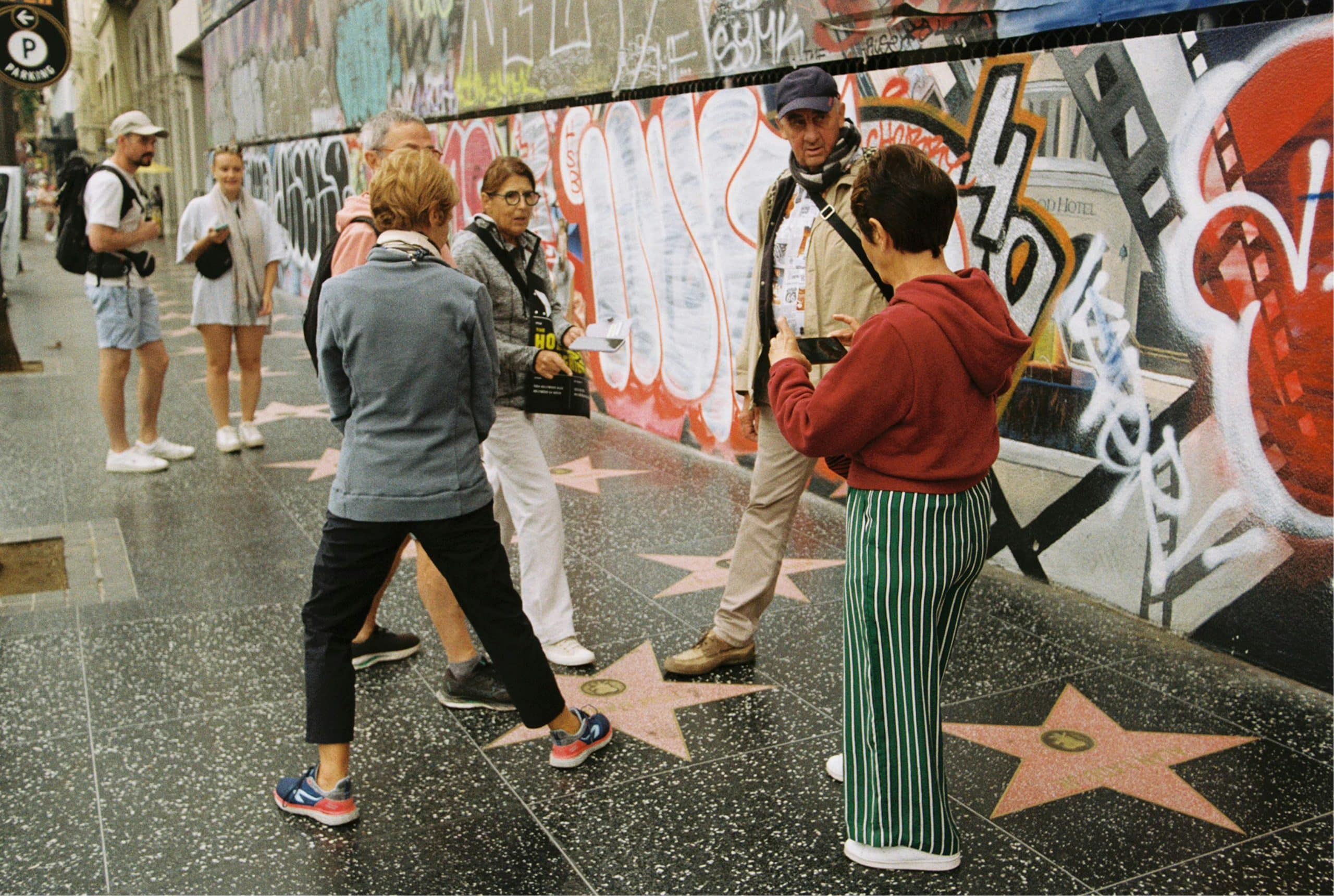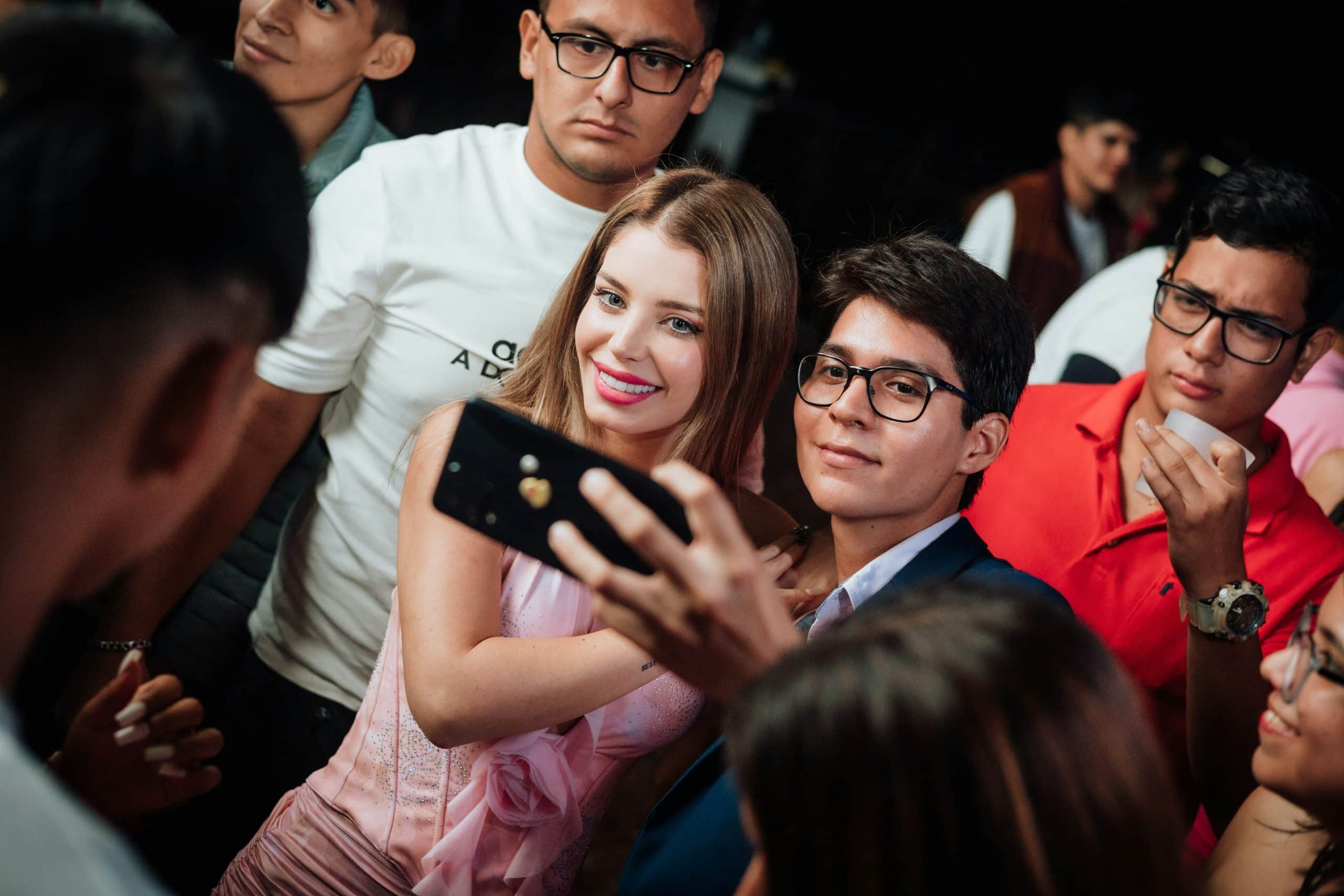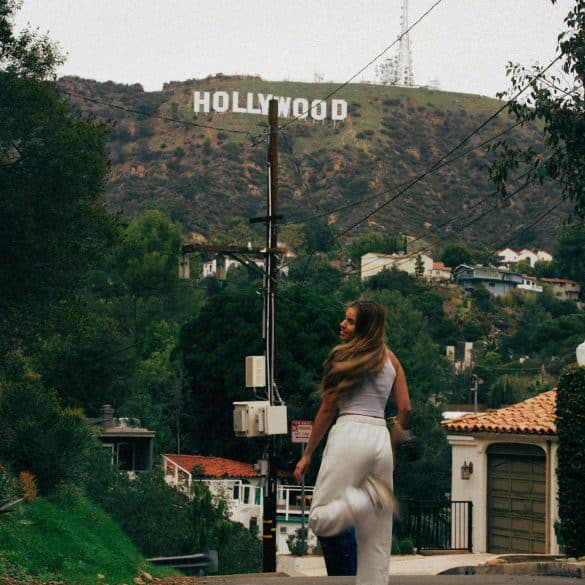Celebrity Scandals That Shook America in the Last Decade
The last decade has been absolutely bonkers for celebrity scandals in America—and honestly, I’m still processing some of these revelations. As someone who’s tracked media trends for years, I’ve watched our relationship with celebrity culture transform completely. What struck me most wasn’t just the scandals themselves, but how they fundamentally altered our understanding of power, accountability, and the price of fame.
We’re living through what I consider the most significant shift in celebrity culture since the invention of television. The combination of social media transparency, changing social values, and investigative journalism has created a perfect storm. These aren’t just entertainment stories anymore—they’re cultural reckonings that reflect deeper societal issues.
Key Insight
Celebrity scandals of the 2010s weren’t just about individual misconduct—they became catalysts for broader conversations about systemic issues in entertainment, politics, and society at large.
Let me be completely honest: covering these stories has been emotionally exhausting. Each scandal revealed layers of complicity, silence, and institutional failure that went far beyond any single person’s actions. But here’s what fascinates me—the American public’s response evolved dramatically throughout this decade.
American Celebrity Culture Fact
According to recent studies1, 73% of Americans now view celebrity scandals as reflective of broader societal problems, compared to just 41% in 2010. This represents a fundamental shift in how we process celebrity misconduct.
The Hollywood Reckoning
The Harvey Weinstein scandal didn’t just rock Hollywood—it absolutely demolished the industry’s carefully constructed facade. When the New York Times broke that story in October 20172, I remember thinking we were witnessing a historical inflection point. And honestly? I was right.
What followed was unprecedented. Within weeks, dozens of women came forward with allegations spanning decades. The #MeToo movement exploded across social media platforms, with millions sharing their experiences. But here’s what really struck me—this wasn’t just about one powerful man’s predatory behavior. It exposed an entire system designed to protect abusers and silence victims.
The ripple effects were staggering. Bill Cosby’s conviction in 20183 seemed to validate what many had suspected for years. Kevin Spacey’s career imploded overnight. Matt Lauer, Charlie Rose, Louis C.K.—household names became synonymous with misconduct. Each revelation felt like another piece of our collective innocence crumbling away.
Interestingly enough, the entertainment industry’s response varied wildly. Some companies implemented sweeping policy changes immediately. Others seemed to hope the storm would pass. What I found most telling was how differently various demographics processed these revelations—older Americans often expressed shock, while younger generations frequently responded with “finally, someone’s talking about this.”
Social Media Meltdowns and Digital Disasters
Social media completely changed the scandal game—and frankly, most celebrities weren’t prepared for it. The traditional PR playbook became obsolete when stars could bypass publicists and speak directly to millions of followers. What could go wrong? Well, pretty much everything.
Kanye West’s Twitter meltdowns throughout the decade were like watching a car crash in slow motion. His support for Donald Trump in 20184 alienated much of his fanbase, but it was his erratic posting behavior that really concerned people. I’ve always believed that social media reveals authentic personality—sometimes more than we want to see.
The Roseanne Barr Incident
In May 2018, Roseanne Barr’s racist tweet about Valerie Jarrett cost her a $20 million television show within hours. ABC cancelled “Roseanne” immediately, demonstrating how quickly consequences can follow in the digital age.
Then there’s the whole influencer scandal phenomenon—something I never saw coming when I started following digital culture. The college admissions bribery scandal, dubbed “Operation Varsity Blues,” exposed how far some celebrities would go to maintain their perfect images5. Lori Loughlin and Felicity Huffman’s involvement shocked me because they seemed like such wholesome figures.
| Celebrity | Platform | Scandal Type | Consequences |
|---|---|---|---|
| Roseanne Barr | Racist Tweet | Show Cancellation | |
| Logan Paul | YouTube | Suicide Forest Video | Temporary Suspension |
| James Charles | YouTube/Instagram | Influencer Drama | Subscriber Loss |
| Trisha Paytas | Multiple | Various Controversies | Ongoing Debates |
The beauty influencer community became particularly messy. James Charles lost millions of subscribers overnight in 20196 due to drama with fellow influencer Tati Westbrook. Watching that unfold in real-time was fascinating from a cultural perspective—these weren’t traditional celebrities, but their influence was undeniable.
What really gets me is how these digital scandals revealed generational divides in American society. Millennials and Gen Z often understood the nuances of influencer culture, while older generations struggled to comprehend why anyone cared about YouTube drama. But the numbers don’t lie—these personalities have massive cultural influence.
Logan Paul’s suicide forest video in 2018 marked a turning point for YouTube’s policies7. The backlash was swift and brutal—but it also sparked important conversations about content creator responsibility and platform accountability. I remember thinking this was bigger than just one person’s poor judgment; it was about the ethics of digital entertainment.
The influencer scandal cycle became predictable: controversial content, public outrage, platform response, apology video, gradual comeback attempt. Some succeeded in rehabilitation, others didn’t. The American public became increasingly sophisticated about recognizing authentic accountability versus performative apologies.

High-Profile Legal Battles and Court Drama
The courtroom became the ultimate reality TV stage this decade—and honestly, some of these cases were more dramatic than anything Hollywood could script. The intersection of celebrity culture and legal proceedings created a new form of public theater that captivated America.
Johnny Depp’s legal battles absolutely dominated headlines throughout 2019-2022. His defamation case against Amber Heard became a cultural phenomenon that divided public opinion8. What struck me most was how social media turned the trial into entertainment, with TikTok users creating content around courtroom moments.
The Depp-Heard Trial Impact
The Virginia defamation trial was livestreamed to millions, generating over 15 billion views across social media platforms. It marked a new era where court proceedings became viral content, raising questions about justice as entertainment.
R. Kelly’s conviction in 2021 felt like a long-overdue reckoning9. The “Surviving R. Kelly” documentary series had already shifted public perception, but the legal conviction provided closure for many survivors. I’ve always believed that celebrity status shouldn’t shield anyone from accountability—this case proved that principle could prevail.
The college admissions scandal created its own category of celebrity legal drama. Watching Lori Loughlin and Felicity Huffman face federal charges was surreal10. These weren’t traditionally controversial figures—they were television moms who’d built careers on wholesome images.
- Federal prosecutors revealed a systematic scheme involving bribes, fake test scores, and fabricated athletic credentials
- Fifty people were ultimately charged, including celebrities, wealthy parents, and university officials
- The scandal exposed privilege and inequality in higher education admissions
- Public reaction was overwhelmingly negative, with many viewing it as rich parents buying their children’s way into elite schools
What fascinated me about these legal proceedings was how they revealed different aspects of American justice. The Depp-Heard case became a media circus, while R. Kelly’s trial received more serious, journalistic coverage. The college admissions scandal fell somewhere in between—shocking but not entirely surprising to those familiar with educational inequality.
The Martha Stewart insider trading case from earlier in the decade set a precedent for how celebrity legal troubles would be covered. Her conviction and prison sentence in 2004 had established that celebrity status wouldn’t provide immunity from prosecution, but the 2010s cases felt different—more intense, more polarizing.
Anna Delvey’s story captivated America in a different way. Her fake heiress persona and subsequent conviction for grand larceny11 represented a new type of celebrity criminal—someone who became famous primarily for their crimes. The Netflix series about her life blurred the lines between documentation and glorification.
Cultural Impact and Societal Reflection
These scandals didn’t happen in a vacuum—they reflected and accelerated broader changes in American culture. The #MeToo movement, social media accountability, and changing attitudes toward celebrity worship all converged during this decade.
The generational divide in scandal consumption really struck me. Younger Americans seemed more prepared to “cancel” celebrities quickly, while older generations often struggled with separating art from artist. This created fascinating cultural tensions that played out in real-time across social media platforms.
- Traditional gatekeepers lost control of narrative management
- Social media amplified both accusations and defenses
- Public opinion became more polarized and immediate
- Celebrity rehabilitation became more challenging but not impossible
Media Evolution and the Future of Celebrity Culture
The way we consume celebrity scandals has fundamentally changed, and there’s no going back. Traditional entertainment media had to adapt or become irrelevant. TMZ pioneered the aggressive celebrity coverage model, but social media democratized scandal reporting—suddenly, anyone could break news.
What really gets me is how these scandals became teaching moments for American society. The Harvey Weinstein case sparked workplace harassment conversations in corporate America. The college admissions scandal prompted discussions about educational inequality. R. Kelly’s conviction validated survivors’ experiences and highlighted the intersection of celebrity culture and abuse.
The Accountability Revolution
Celebrity scandals of the 2010s marked a shift from “boys will be boys” attitudes to genuine accountability. Public tolerance for misconduct decreased significantly, especially among younger demographics who demanded consequences for powerful figures.
The economic impact was staggering. Brands distanced themselves from problematic celebrities faster than ever before. Kevin Spacey’s removal from “House of Cards” cost Netflix millions12. The Weinstein Company went bankrupt. These weren’t just personal reputational disasters—they were business catastrophes.
Looking ahead, I think we’re entering a new phase of celebrity culture. The traditional star system is crumbling, replaced by influencer culture and parasocial relationships. Future scandals will likely be more immediate, more polarizing, and more consequential. The American public has shown they’re willing to hold powerful figures accountable in ways previous generations weren’t.
The last decade taught us that celebrity status is more fragile than we thought. But it also showed us that accountability is possible when enough people demand it. These scandals weren’t just entertainment—they were cultural reckonings that reflected our evolving values as a society.
Moving forward, I expect celebrities to be more cautious but also more authentic. The old PR playbook is dead. Audiences can spot manufactured apologies from miles away. The survivors of these scandals will be those who demonstrate genuine growth and accountability, not just those who hire better publicists.
The decade of celebrity scandals ultimately revealed more about American society than about the celebrities themselves. We learned about our capacity for both outrage and forgiveness, our evolving standards for public figures, and our complicated relationship with fame and power. These stories will continue shaping cultural conversations for years to come.
References



